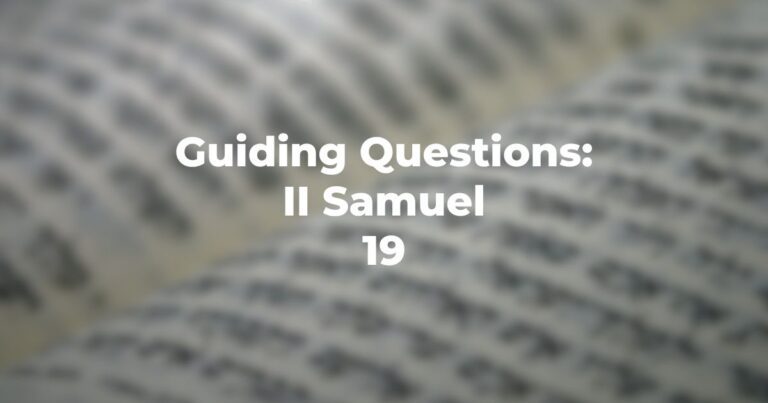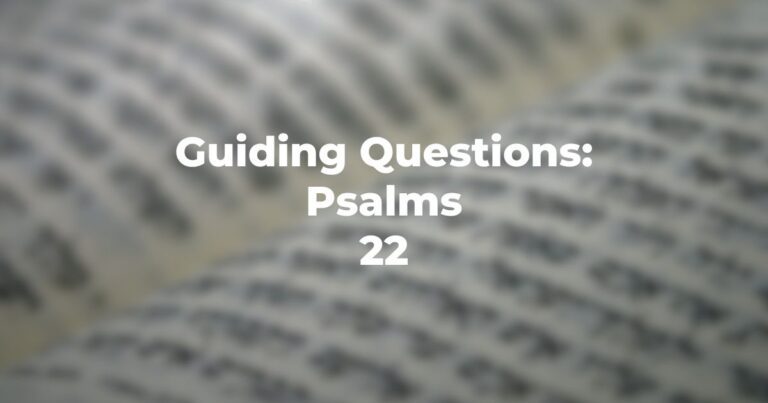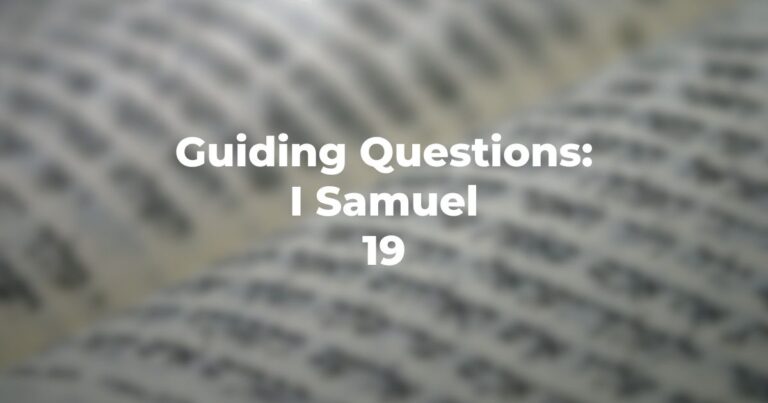- Proverbs 25 begins a new division of the Book of Proverbs. Some commentators doubt that Hezekiah’s scribes actually copied all of the written proverbs attributed to Solomon. What is an alternate possibility?
- What is the essential difference between the ways of God and the ways of a king suggested by Proverbs 25:2?
- The sentiment of Proverbs 25:3 is more often applied to God. How does it apply to a king? Should it?
- To what category of people can “wicked” in Proverbs 25:5 be applied?
- Do Proverbs 25:6-7 suggest that one is better off not “rubbing shoulders” with dignitaries?
- What is the connection between the two parts of Proverbs 25:9? Would this advice have legal standing today?
- What do Proverbs 25:11-12 tell us about the standard of value in ancient times? Has it basically changed? Think of some modern idioms.
- Is the “coldness of snow at harvest time” an apt simile, considering Israel’s climate (Proverbs 25:13)?
- What kind of ruler is implied in Proverbs 25:15? Can you think of examples in history or literature?
- Does Proverbs 25:16 bear any relationship with Proverbs 24:13? If so, is there a contradiction?
- Does Proverbs 25:17 bear a relationship with Proverbs 25:16? Is it similar to the modern saying, “Familiarity breeds contempt”?
- Proverbs 25:20 raises several questions: (a) What does “disrobing on a chilly day” have to do with the rest of the verse? (b) What is the effect of vinegar on natron (sodium)? (c) What type of music is alluded to?
- Is Proverbs 25:21 reminiscent of the Christian teaching about turning the other cheek?
- Doesn’t “heaping live coals on his head” (Proverbs 25:22) appear to negate Proverbs 25:21?
- In Proverbs 25:23, “whispered words” is a free translation of leshon sater, literally, “a tongue of secret.” Which rendering is preferable?
Author
-

Exploring Judaism is the digital home for Conservative/Masorti Judaism, embracing the beauty and complexity of Judaism, and our personal search for meaning, learning, and connecting. Our goal is to create content based on three core framing: Meaning-Making (Why?), Practical Living (How?), and Explainers (What?).
View all posts




